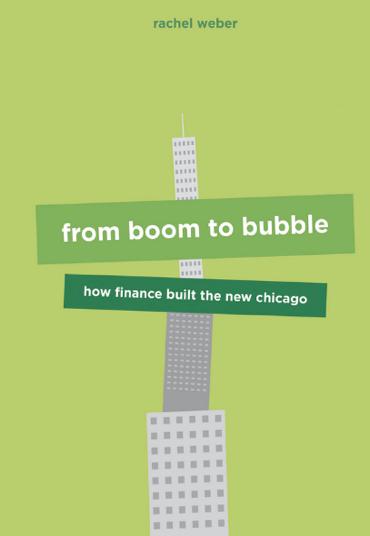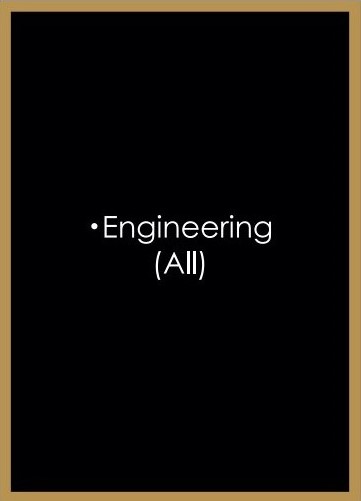From Boom to Bubble
Breve Descripción
Una mirada histórica, sociológica y geográfica sin precedentes sobre cómo cambian y fallan los mercados inmobiliarios, y cómo eso afecta a las ciudades.
En From Boom to Bubble, Rachel Weber desacredita la idea de que los booms ocurren solo cuando las ciudades están creciendo e innovando. En cambio, argumenta, incluso en las ciudades que experimentan una disminución del empleo y la población, los desarrolladores se apresuran a construir nuevas torres de oficinas y edificios de apartamentos cuando tienen incentivos financieros para hacerlo.
Breve descrição
Um olhar histórico, sociológico e geográfico sem precedentes sobre como os mercados imobiliários mudam e falham e como isso afeta as cidades.
Em From Boom to Bubble, Rachel Weber desmascara a ideia de que os booms acontecem apenas quando as cidades estão crescendo e inovando. Em vez disso, ele argumenta, mesmo em cidades com empregos e populações em declínio, os desenvolvedores correm para construir novas torres de escritórios e prédios de apartamentos quando têm incentivos financeiros para fazê-lo.
Full description
An unprecedented historical, sociological, and geographic look at how property markets change and fail—and how that affects cities.
In From Boom to Bubble, Rachel Weber debunks the idea that booms occur only when cities are growing and innovating. Instead, she argues, even in cities experiencing employment and population decline, developers rush to erect new office towers and apartment buildings when they have financial incentives to do so. Focusing on the main causes of overbuilding during the early 2000s, Weber documents the case of Chicago’s “Millennial Boom,” showing that the Loop’s expansion was a response to global and local pressures to produce new assets. An influx of cheap cash, made available through the use of complex financial instruments, helped transform what started as a boom grounded in modest occupant demand into a speculative bubble, where pricing and supply had only tenuous connections to the market. From Boom to Bubble is an innovative look at how property markets change and fail—and how that affects cities.
Technical Professional & Applied Sciences
otras áreas de / interés...
other areas of / interest...
outras áreas de interesse...
¿Buscas un título en un área específica?
¿Buscas un título en un área específica?
¿Procurando livros em uma área específica?














